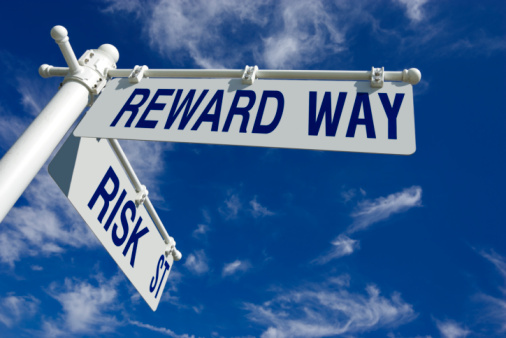News is often shaped by how policy makers react to it, and this complicates the process. Predicting the event is only half the battle.
Ben Inker of GMO, summarizes the challenge of the first two assumptions this way:
“To a very significant degree, markets, in the short term, are driven by “news” — events that would have to be predicted ahead of time to properly guess what the markets will do in the future. This task is complicated by the fact that even given an accurate prediction of news or surprises, which for this purpose are synonymous, predicting the actual response of the market is surprisingly tricky, because the connections between data and events and stock market performance are often unintuitive.”
Assumption 3: Predicting Risky Events is a Fruitful Form of Research
Even if investors can overcome the challenges of predicting events and market reaction, it still may not be worthwhile to pursue estimating the risk in markets. Investors possess limited time for research. Sifting through websites and gluing yourself to cable news needs to be more profitable than putting greater emphasis on areas of greater importance. What markets offer low valuations? What corporations and countries are experiencing healthy growth?
Investors I know, who watch a lot of news, tend to experience more stress than success. Short-term focus leads investors to miss key rallies and take on too little risk most of the time.
Risk Budgeting’s Response
Instead of trying to read the risk levels of our time, Risk Budgeting tacitly assumes risk remains equal. At first, this idea seems difficult to accept. But risk outcomes narrow significantly as time frames expand. The chart below shows the standard deviation of the S&P 500 measured weekly since 1986. The first line measures the standard deviation every six months. The second measures it every 10 years. While the short-term risk spikes and troughs frequently, the 10-year risk stays in a narrow range around 14-16.
The graph also points out an important aspect of risk. Elroy Dimson of the London Business School, defines risk as more things could happen than did. In some years the risks came to be and volatility spiked. In other years they didn’t, and markets were excessively calm.
Over the longer term, these events tended to average out. So stay away from market-timing, under any guise, and don’t spend your days watching the news for the next big risk. Instead, focus on taking the long-term risk you can handle in pursuit of a more meaningful life than staying glued to CNN.
2257-CLS-8/10/2016

